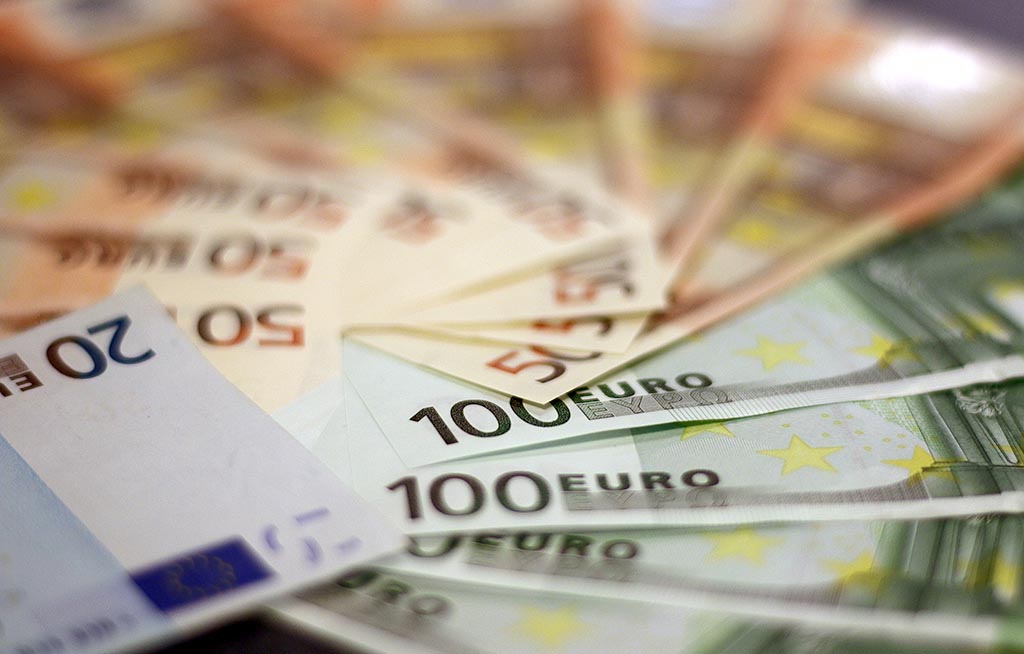By: Tanja Brkić /Nova24tv.si
On an annual basis, consumer prices in Slovenia rose by an average of 10.4 percent in June. The biggest contributors to inflation were the price increases of oil derivatives, food, and electricity. On a monthly basis, inflation was 2.7%, increased by more expensive electricity, holiday packages, and food, the State Statistics Office announced. Golob’s government started by adopting quasi-measures that were supposed to make life easier for citizens during the crisis, but since Golob came to power, he has only caused the opposite. Also, to his voters and civil society, about which he constantly spoke before the elections.
Life necessities rose in price by 10.4 percent in one year. The prices of goods were on average higher by 13.1 percent, and the prices of services by 5.3 percent. Daily consumption goods rose in price by 16.5 percent, durable goods by 10.5 percent and semi-durable goods by 2.9 percent. Inflation is at a record level, and Golob’s government, with its measures, is rather maintaining inflation than mitigating it.
A high rise in inflation
Higher prices for electricity, gas and other fuels contributed the most to the overall rise in prices on an annual basis, gas went up by 49.4 percent, thermal energy by 43.6 percent, and electricity by 29.4 percent. This was followed by higher prices of petroleum products and a 12.8% increase in the price of food; each of these two groups raised inflation by 1.9 percentage points. The prices of liquid fuel rose by 54.6 percent, while the prices of fuels and lubricants for passenger vehicles rose by 34.5 percent. Among food, the price increases of bread and cereal products (by 16.2 percent) and meat (by 12.9 percent) stood out.
Prime Minister Robert Golob responded to the Surs data, warning against the inflationary pressures we will experience in the coming months. And yet, despite the pressures of inflation, the new government with Golob at the helm has embarked on measures that tend to maintain inflation rather than solve it. The significant increase in the price of petroleum products, which quite honestly hit the citizens in the pockets, was the first so-called measure that affects the citizens in anything but a positive way. “We have seen the first measure and it is not a new measure, it is an old measure from three years ago, when this model was in force, but under normal conditions. But now there are extraordinary conditions, we expected something different, we got something old,” an economist Dr Matej Lahovnik also recently commented on the presented measures for mitigating inflation.
Saving the food treasure in their known “socialist” way
After not only a significant increase in the price of fuel, the price also increased in the food sector. Then Golob’s government decided to “help” here too with its rather “special” measures, namely they agreed with the Chamber of Commerce of Slovenia on an approximate basket of 15 foods, with information about the prices of these foods at individual retailers, they intend to direct us to purchase. Journalist Vida Kocjan pointed out that it is in fact a socialist measure in its entirety, reminding in her note that we have witnessed something like this in the past: “Socialist measure: Framework basket of 15 foodstuffs. The Ministry of Agriculture, Forestry, and Food (MKGP) will obtain price data from the basket from traders and use it for internal analyses. Practice: Retailers will push product prices down, obviously they will also be in the inflation basket. Something like this has already happened,” she emphasised, adding that it was a short-term scam.
As recently as February, Slovenia was at the top of the countries that most successfully fought inflation
Economic growth remained high due to effects from the previous year, which proves the effective work of the government of Janez Janša, as growth at the end of the year is forecast to be 5.8 percent. Despite everything, high inflation is also predicted and rising this year. The first government measures presented by Prime Minister Robert Golob are, compared to those taken by Janez Janša during the crisis, much smaller and not very promising for citizens’ wallets. Let us remind you that even in February of this year, with 4.9 percent inflation, Slovenia was ranked among the countries with lower inflation, even lower than the EU-27 average (5.3 percent) and even lower than the average of OECD countries (6.6 percent).

